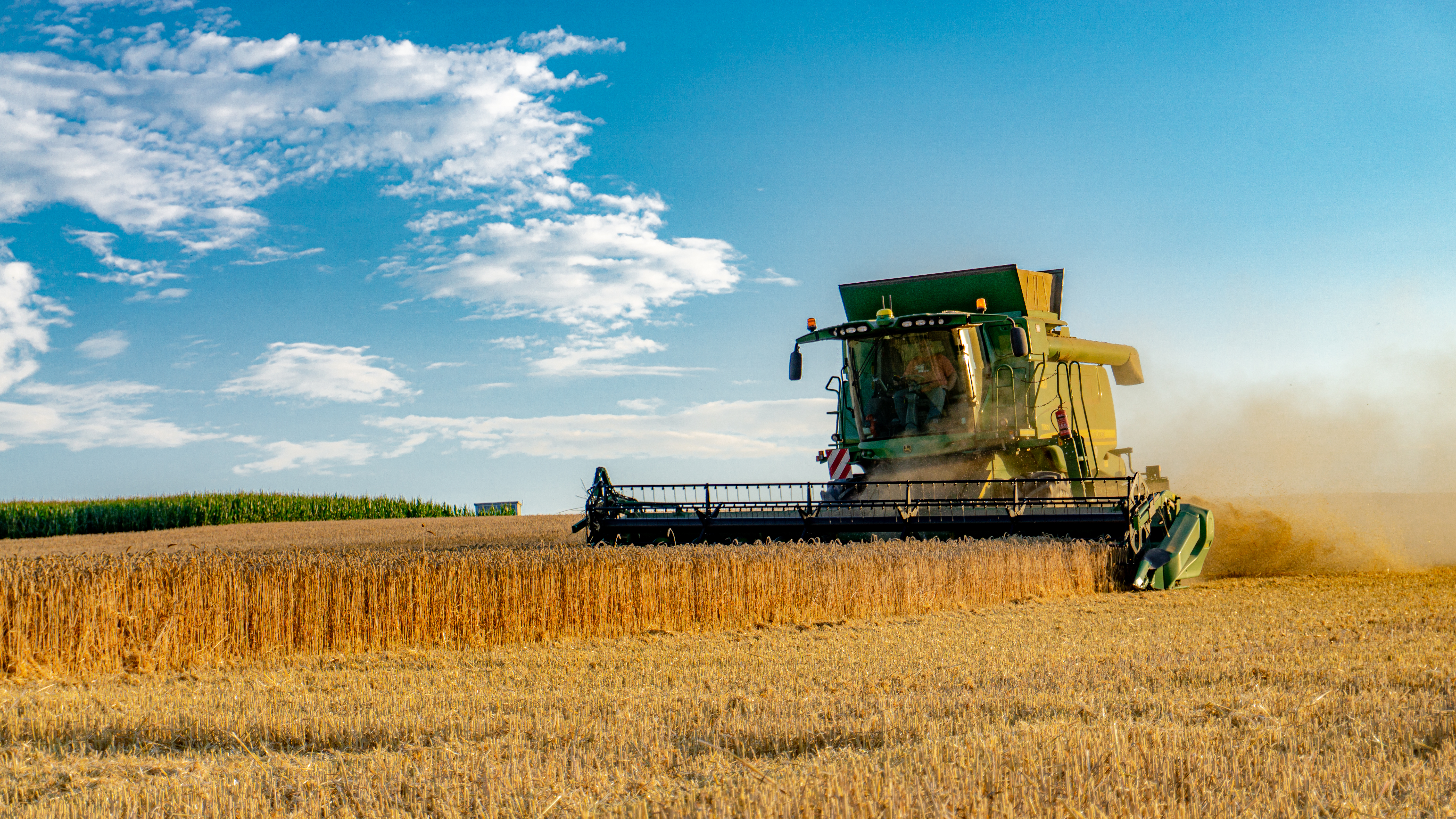Thorns and Alliances. German, French and European Agricultural Policy Between Food Safety and Respect for the Environment
Influences and developments within German agricultural policy have undergone significant transformations over the past 70 years, especially in the context of the dynamic Franco-German relations and the pivotal role both nations play in shaping the European Union’s Common Agricultural Policy (CAP).

Initially confined to bilateral dimensions, agricultural policy positions have evolved into a complex interplay of conflict and cooperation within a union now encompassing 27 member states, accompanied by shifting priorities and new challenges. Presently, one of the significant current challenges is the impact of the Russian military aggression, which has had profound implications for agricultural markets and the global food supply chain. This situation underscores the nexus between global food security, international diplomacy, and economic policy. At the heart of political decision-making are the critical considerations of balancing immediate supply security against long-term objectives such as biodiversity preservation, coupled with the daunting task of developing sustainable agricultural strategies that are adaptable to both geopolitical and societal frameworks.
Kristina Mensah is an independent expert on agricultural policy and trade.
This publication is also available in French and German (PDF):
Related centers and programs
Discover our other research centers and programsFind out more
Discover all our analysesMerz’ European Policy-making: The End of the ‘German Vote’?
Friedrich Merz’s European ambition is to turn Germany, long seen as hesitant into a leading actor within the European Union (EU). To that end, he has pledged to end the “German vote,” a phenomenon that epitomizes the paradox of a country both indispensable and frequently absent from European decision-making.

Securing critical raw material (CRM) value chains – a prerequisite for Europe’s technological resilience
At the heart of economic security, technological resilience is a backbone of the European Union’s (EU) competitiveness. The EU’s energy and digital transitions depend on critical raw materials (CRM).

Reconciling competitiveness and demographic change: a Franco-German imperative
France and Germany are facing parallel demographic shifts that could reshape the future of their economies and their social models. These shifts reflect broader European patterns but are magnified by the central role both nations play in EU governance and competitiveness.
Taking the Pulse: Does France's Political Crisis Weaken Europe's Geopolitical Hand?
While the EU tries to navigate a myriad international challenges, France is experiencing historic political disarray. What impact will instability in Paris have on Europe's geostrategic capacity?









